Saudi Arabia banks on Trump's return to office, snubbing Biden: Report
Saudi Arabia’s decision to reject US President Joe Biden’s calls for it to increase oil production as the West tightens energy sanctions on Russia suggests the kingdom is still banking on Donald Trump’s return to office, according to a report.
The Biden administration has been pressuring Saudi Arabia to increase oil production as part of efforts to bring down energy prices, which have soared as a result of sanctions targeting Russian oil and gas.
In an apparent change of tone, the White House said on Thursday that the United States had an “iron-clad commitment from the president on down” to Saudi Arabia’s security. The Pentagon is also reportedly working on a draft of a new statement of joint security arrangements.
Observers, however, say the new push by the White House is likely to fall short of the kind of security guarantees Saudi Arabia and other Parisian Gulf countries have demanded.
Saudi Crown Prince Mohammed bin Salman, the kingdom’s de facto ruler, reportedly declined to take a call from President Biden last month, displaying his displeasure at the administration’s decision to restrict arms sales to Riyadh amid the war in Yemen.
Instead, the ambitious prince shows signs of betting on the return of Donald Trump, who had aligned US policy in the Middle East more closely with that of Saudi Arabia, the Guardian reported.
Relations between the United States and Saudi Arabia have plunged to their lowest point in decades over Riyadh’s reluctance to increase oil production.
A Saudi wealth fund led by bin Salman has placed over $2 billion to a new and untested investment fund run by Trump’s son-in-law, Jared Kushner. The contribution was made six months after Kushner left the White House, in what ethics experts say could be potential payback for defending the controversial prince.
Citing experts on US-Saudi relations, the Guardian said the investment is yet another indication that bin Salman is hoping Trump would make a political comeback in 2024.
“It boils down to something very simple. The Saudis – meaning Mohammed bin Salman – have chosen Trump over Biden, and they’re sticking to their bet,” said Bruce Riedel, a former senior CIA official who is director of the Brookings Institution’s intelligence project.
“It’s not an unreasonable proposition. Trump gave them everything they wanted: complete support in Yemen, support over the killing of Jamal Khashoggi, whatever they wanted in terms of access in the United States.”
Kushner, who was a senior Middle East adviser to Trump, played a key role at the White House defending bin Salman after US intelligence concluded he was responsible for the 2018 killing of Saudi dissident and journalist Khashoggi.
John Jenkins, a former UK ambassador to Saudi Arabia said he believed the Saudi crown prince “is betting on the Republicans winning big in the midterms and then regaining the presidency – with or without Trump.”
“He probably thinks Biden is politically weak and he can therefore afford to spite him,” Jenkins told the British daily.
Democrats have reacted furiously to the revelation of the Saudi investment in Kushner’s wealth fund, with calls being made for the Justice Department to launch an investigation into the legality of the arrangement.
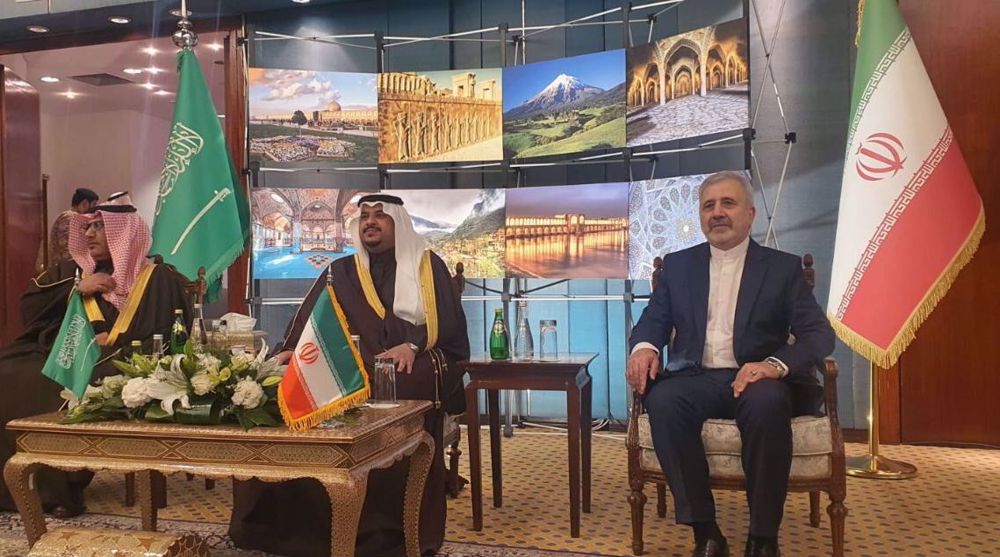
Tehran, Riyadh expanding, deepening mutual cooperation: Iran’s ambassador
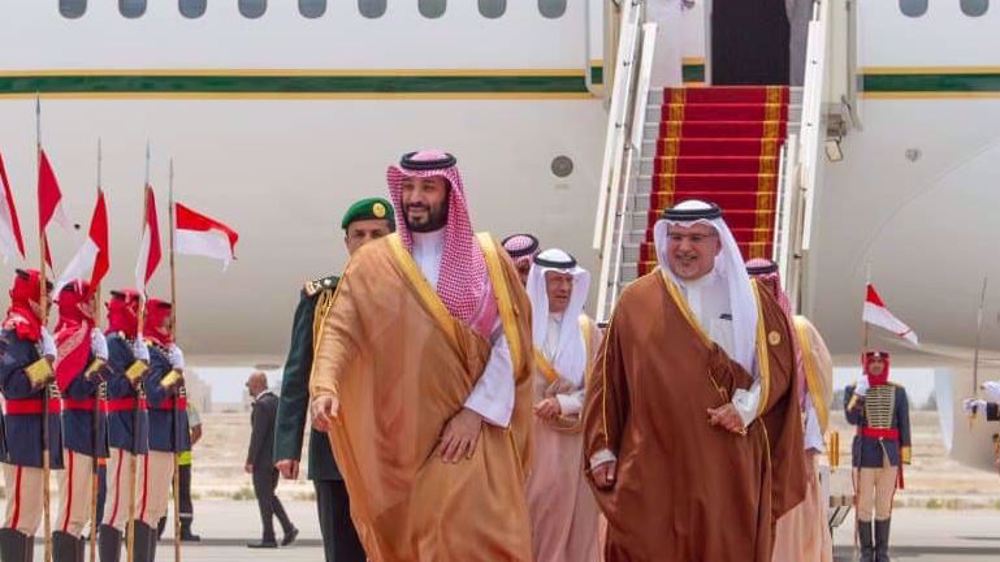
Arab League condemns Netanyahu’s proposal to create Palestinian state in Saudi Arabia

‘Extremist mindset’: Riyadh rejects Netanyahu’s remarks on displacing Palestinians
Egypt: Hamas-Israel negotiations on next phase of ceasefire begin
Over dozen settlers injured in anti-Israel operation near Haifa
Pezeshkian: Iran open to talks but won’t capitulate to bullies
VIDEO | Iran unveils advanced naval arsenal
VIDEO | Reunion of released Palestinians and their families in Khan Yunis
Kurdish leader Ocalan calls on PKK militants to end war with Turkey
Health leader warns Africa's health services at risk of 'collapse'
VIDEO | Press TV's news headlines


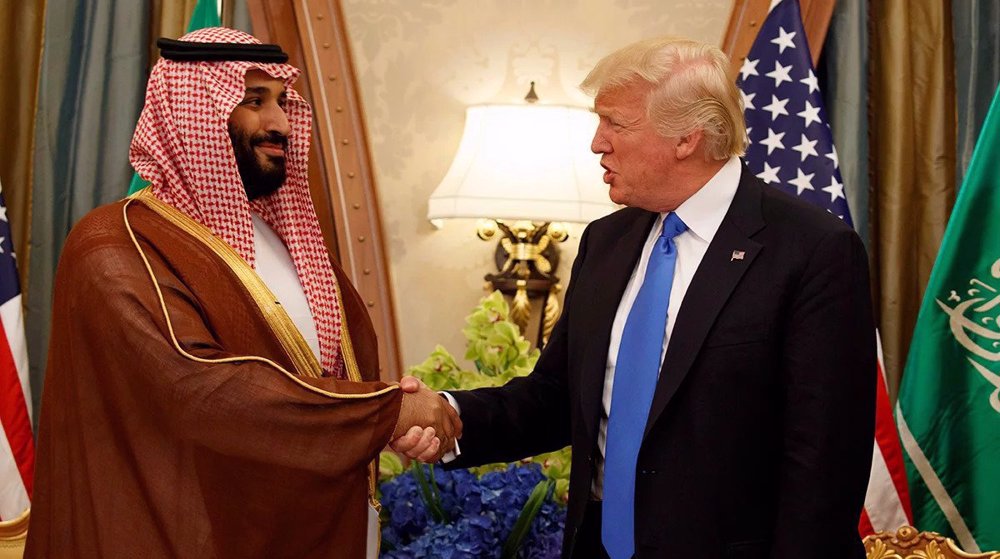
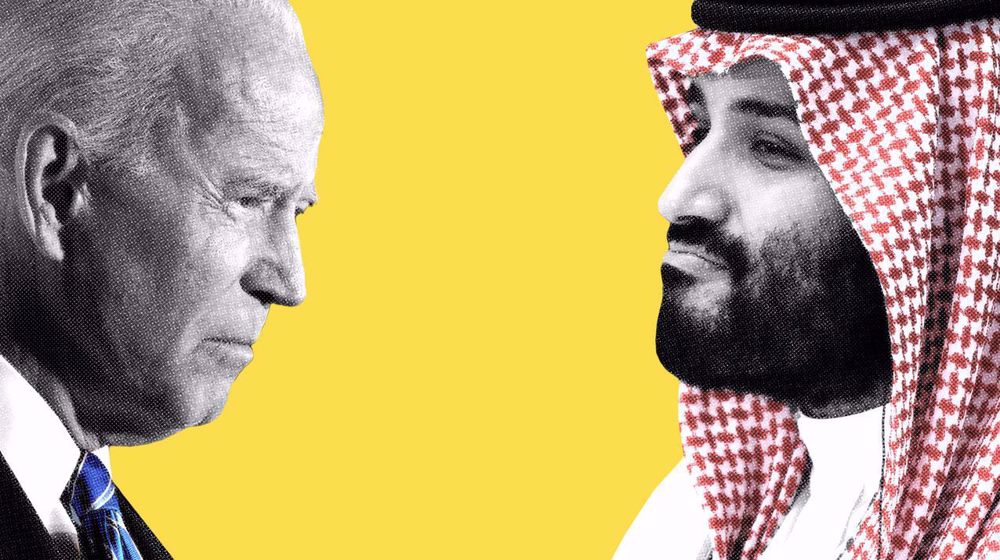
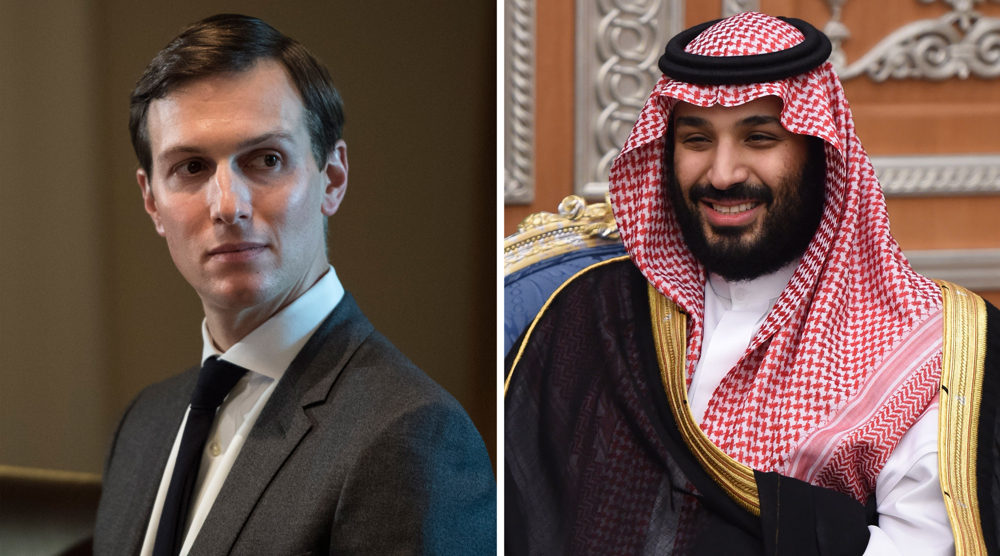




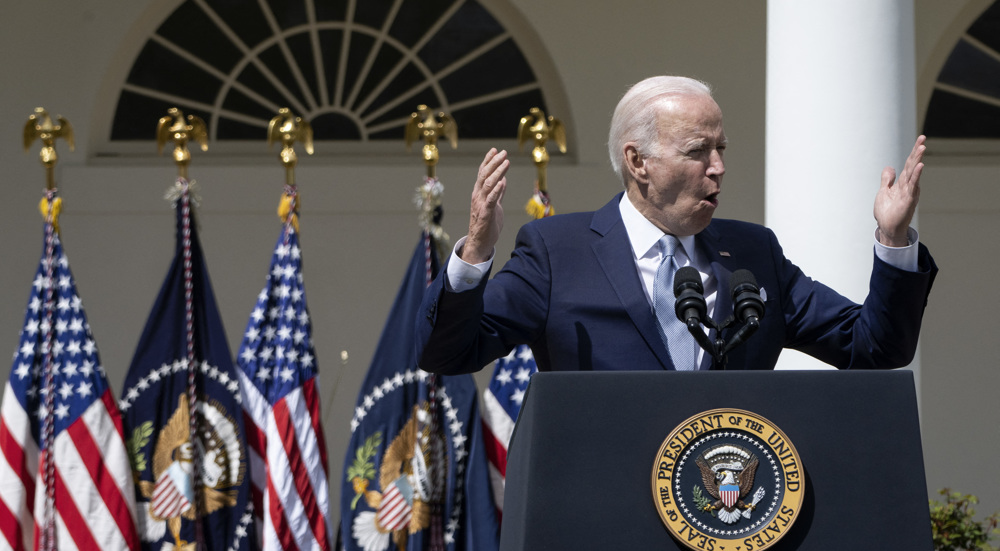





 This makes it easy to access the Press TV website
This makes it easy to access the Press TV website